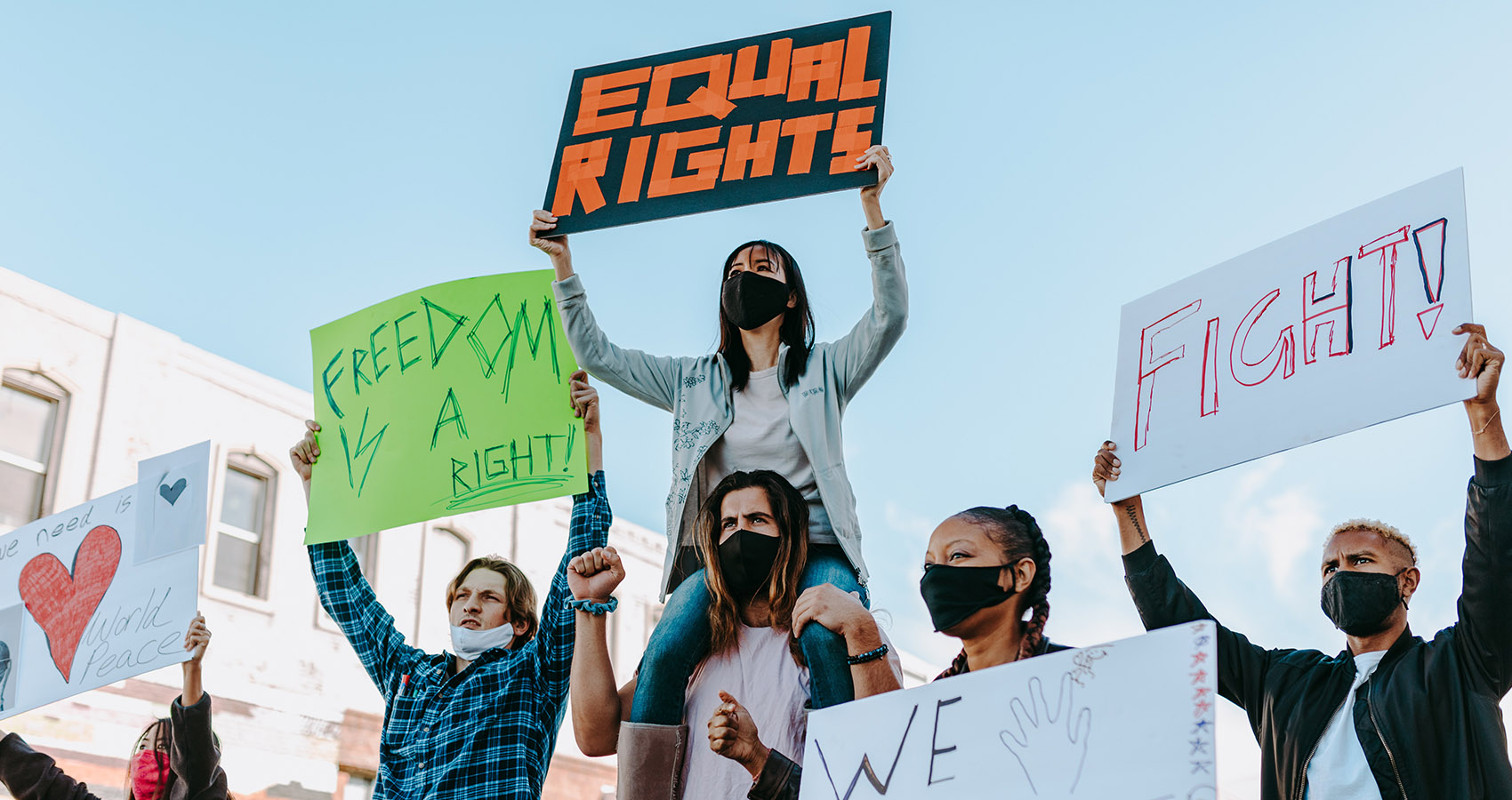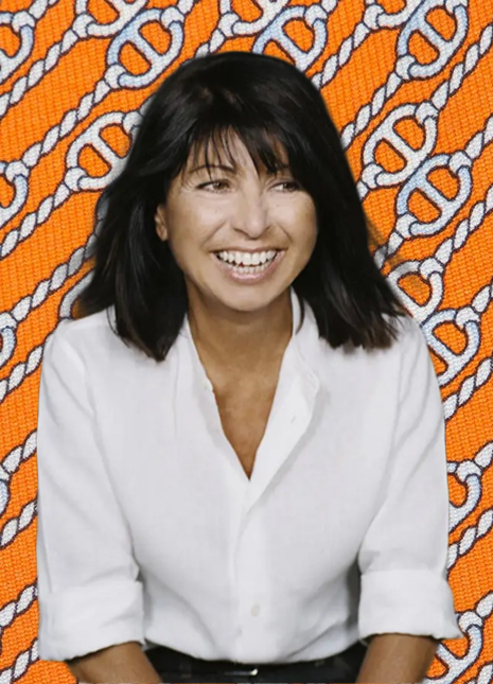
EU Co-funds Project To Build Gender Equality Into Urban Planning
Cities that are involved in the initiative are working on an action plan to reinvent urban planning, promoting the safety of women.
Aiming to live up to one of its core principles, gender equality, the EU has invested 572.685€ in an initiative to make European cities safer for women. The goal is to redefine urban spaces that embody and reinforce gendered power structures.
Working in seven European cities, Umeå, Sweden; Frankfurt, Germany; Trikala, Greece; Barcelona, Spain; La Rochelle, France; Panevezys, Latvia; and Celje, Slovenia the project is aimed at creating awareness for gender inequalities that are preserved in urban planning and diminishing them.
The cities involved in the initiative are exchanging best practices to ensure policies, services and development adhere to standards of gender equality.
We are looking for a service provider to support the knowledge-sharing and capacity-building activities related to gender equality.
— URBACT (@URBACT) September 1, 2021
Find out more and, if interested, apply by 1 October: https://t.co/eBTf84Ox0K pic.twitter.com/TLd4Y5AvX2
‘Normally these power structures are not taken into consideration when it comes to urban planning,’ says Linda Gustafsson gender equality officer at the Umeå Municipality, which is leading the project. ‘We integrate gender equality into everything. For this we have to understand frameworks of power and privilege that are deeply ingrained into every aspect of our societies, asking ourselves according to whose needs a city is designed and what is necessary to allow everyone to live there,’ Gustafsson says.
To pursue the aim of delivering an action plan that is going to contain concrete future plans to foster gender equality in urban planning, stakeholders that are involved in the project have to review existing data, and resources. Working with a gendered perspective also requires partners to raise awareness about violence against women in public spaces.
‘The awareness about gender inequality is quite high but it’s still an issue that is up for debate. It’s always on the table and we’ve talked about gender equality for the last thirty years but even though the problem has been on the table for so long, it is not yet solved,’ says Linda Gustafsson.

An ESS survey has shown that across Europe women are between 2.5 and 5.7 times more more likely to feel unsafe than men in almost all countries.
In March after the disappearance of Sarah Everard head of the Metropolitan Police Cressida Dick told BBC that women 'will be worried and may well be feeling scared'. Everard had been abducted after walking down a busy main road in Clapham, an area around London that is considered one of the safest neighborhoods.
Everard’s disappearance triggered discussions on social media about the safety of women, with many feeling angry and frustrated.
'I always feel uncomfortable on my way back home at night. Because of that I mostly take a cab,' says Nicole Steffgen who works as a content marketeer in Barcelona, one of the partner cities that is involved in the project for improved urban planning.
Up next, Afghan Women Protest Against the Taliban Via Social Media











